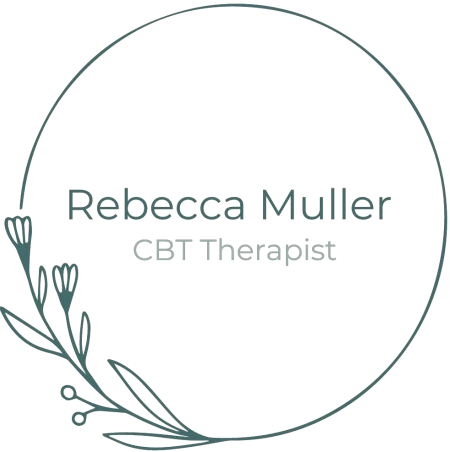"But it wasn't that bad." "Other people have had it worse." "I shouldn't be struggling with this."
Sound familiar? As a therapist based in North Berwick, I hear these phrases constantly from clients who are minimising their own experiences. They're often surprised to learn that trauma isn't just what we see in films, the dramatic, life-threatening events that leave obvious scars.
The Two Faces of Trauma
Mental health professionals talk about Big T and Small t traumas, and understanding this distinction can be life-changing for many people.
Big T traumas are what most of us picture when we hear the word trauma. Car crashes. Natural disasters. Physical assault. Combat. The sudden death of someone close to you. These are the experiences that make headlines, that everyone immediately recognises as traumatic.
But here's what's fascinating, and validating for so many people, Small t traumas can be just as impactful.
The Hidden Impact of Small t Trauma
Small t traumas are those experiences that might seem "minor" on their own but accumulate over time, chipping away at your sense of safety and self-worth. The parent who consistently dismissed your feelings. The teacher who humiliated you in front of the class. The relationship where you constantly walked on eggshells.
Chronic criticism. Emotional neglect. Being consistently overlooked or invalidated. Workplace bullying that went on for months. These experiences don't make the news, but they shape how you see yourself and the world around you.
Why Size Doesn't Matter
Here's the thing your brain doesn't care about: whether or not your trauma would make a good film plot. What matters is how the experience affected you. Your nervous system responds to threat, whether that's a car accident or years of being told you're "too sensitive."
Both types can leave you feeling anxious, hypervigilant, or disconnected from yourself and others. Both can make you question your worth or your safety in the world.
The Validation You Need
So many people carry the weight of experiences they've been told to "get over" or "stop dwelling on." Your response to your experiences is valid, regardless of how others might categorise them.
The beautiful thing about trauma therapy, whether it's EMDR or other approaches, is that it works for both Big T and Small t experiences. Your brain doesn't distinguish between them when it comes to healing.
You don't need permission to seek help. You don't need your trauma to be "big enough" to matter. If it's affecting your life, it matters.
If you're struggling with experiences that others might minimise but that feel significant to you, please reach out.
